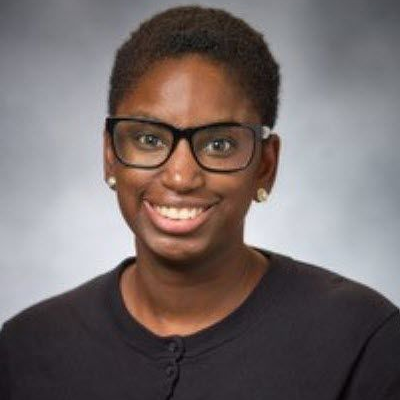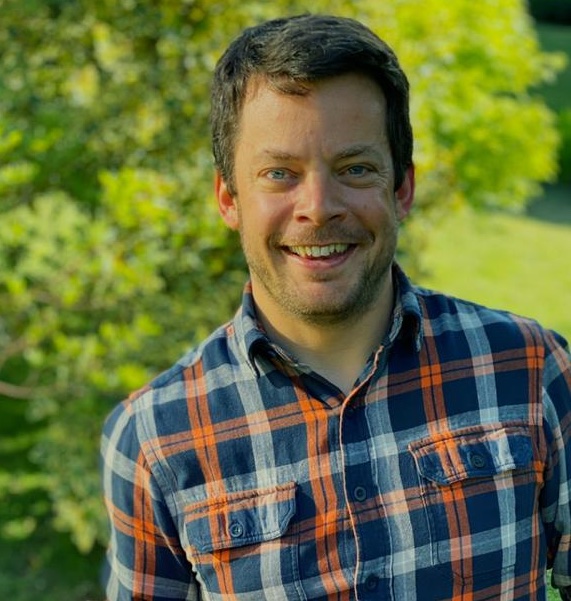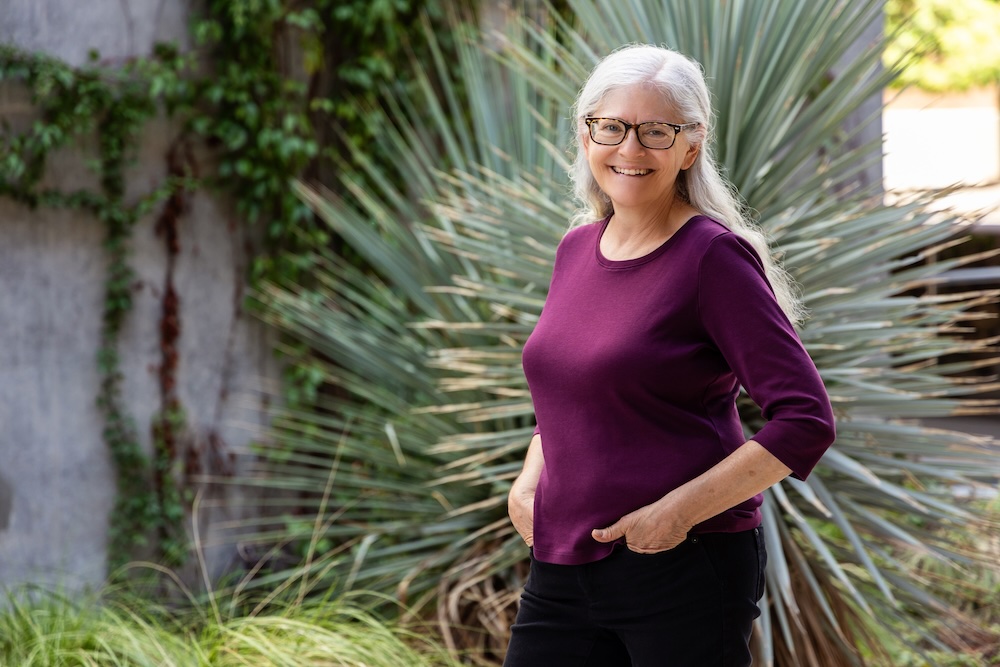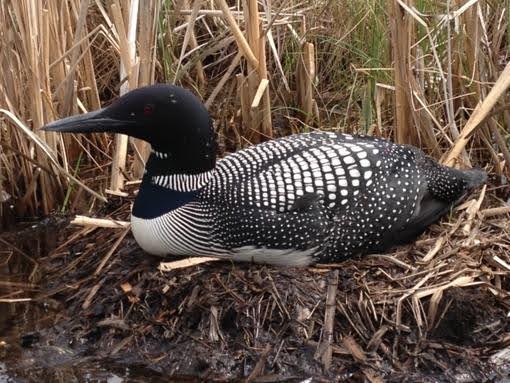Presented By: University of Michigan Biological Station
Cascades in Corn Cover Crops and Milkweeds that Make Migrating Monarchs: Chemical Ecology at the Intersection of Pest Management and Conservation
Dr. Jared Ali, Penn State

Agricultural and natural landscapes are shaped by plant-insect interactions, with cascading effects on ecosystem function.
As part of the 2025 Summer Lecture Series at the University of Michigan Biological Station (UMBS), Dr. Jared Ali will give a free, public talk exploring how cover cropping influences multitrophic interactions, soil traits, and pest suppression through plant chemical signaling. At the same time, we investigate how different milkweed species impact monarch butterfly flight, shedding light on the chemical cues that shape migration. By integrating chemical ecology across these systems, we bridge applied pest management strategies with conservation efforts, uncovering novel ways to support both agricultural sustainability and insect biodiversity.
Ali is the director of the Center for Chemical Ecology, acting director of Penn State’s Ecology Research Institute and associate chair of the Ecology Graduate Program at Penn State. His research explores plant-insect-microbe interactions, plant defense chemistry, and the ecological factors driving insect behavior. With a strong interdisciplinary focus, his work connects fundamental chemical ecology to real-world applications in pest management and conservation.
The U-M Biological Station — the largest of U-M's campuses at more than 10,000 forested acres surrounded by lakes — is one of the nation's largest and longest continuously operating field research stations.
Founded in 1909, the Biological Station supports long-term research and education. It is where students and scientists from across the globe live and work as a community to learn from the place.
The Summer Lecture Series is a tradition at UMBS, where we explore scientific topics with distinguished guest speakers from across the country so our community can learn about our natural world.
The free, public talks are on Wednesdays from 7 to 8 p.m. in the spring and summer in Gates Lecture Hall at the University of Michigan Biological Station, located at 9133 Biological Rd. in Pellston, Michigan — about 20 miles south of the Mackinac Bridge.
As part of the 2025 Summer Lecture Series at the University of Michigan Biological Station (UMBS), Dr. Jared Ali will give a free, public talk exploring how cover cropping influences multitrophic interactions, soil traits, and pest suppression through plant chemical signaling. At the same time, we investigate how different milkweed species impact monarch butterfly flight, shedding light on the chemical cues that shape migration. By integrating chemical ecology across these systems, we bridge applied pest management strategies with conservation efforts, uncovering novel ways to support both agricultural sustainability and insect biodiversity.
Ali is the director of the Center for Chemical Ecology, acting director of Penn State’s Ecology Research Institute and associate chair of the Ecology Graduate Program at Penn State. His research explores plant-insect-microbe interactions, plant defense chemistry, and the ecological factors driving insect behavior. With a strong interdisciplinary focus, his work connects fundamental chemical ecology to real-world applications in pest management and conservation.
The U-M Biological Station — the largest of U-M's campuses at more than 10,000 forested acres surrounded by lakes — is one of the nation's largest and longest continuously operating field research stations.
Founded in 1909, the Biological Station supports long-term research and education. It is where students and scientists from across the globe live and work as a community to learn from the place.
The Summer Lecture Series is a tradition at UMBS, where we explore scientific topics with distinguished guest speakers from across the country so our community can learn about our natural world.
The free, public talks are on Wednesdays from 7 to 8 p.m. in the spring and summer in Gates Lecture Hall at the University of Michigan Biological Station, located at 9133 Biological Rd. in Pellston, Michigan — about 20 miles south of the Mackinac Bridge.



